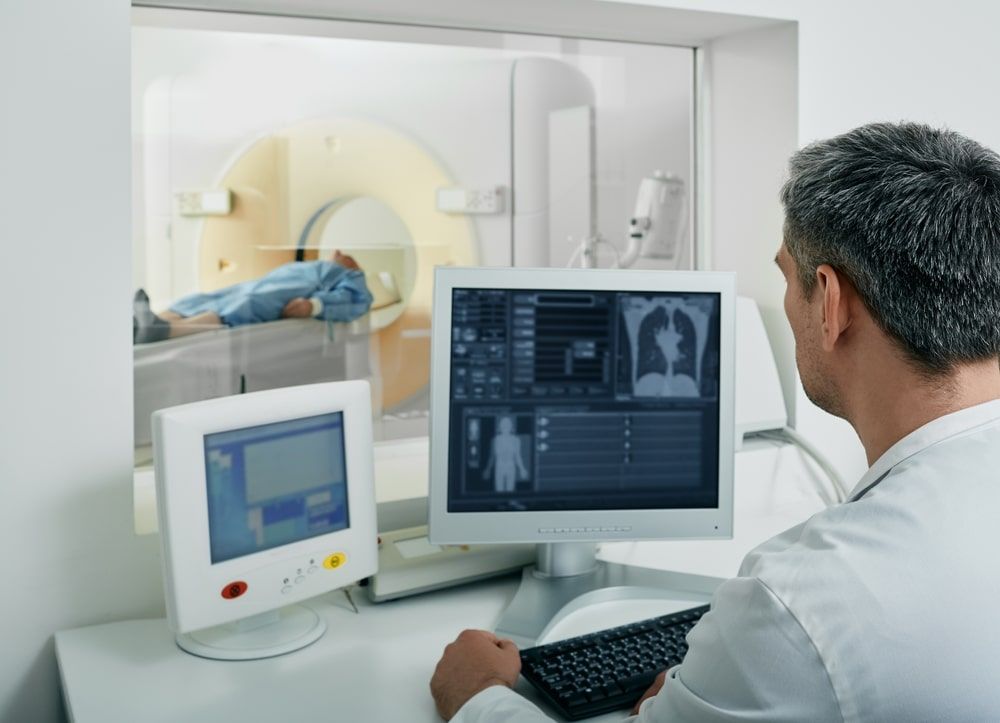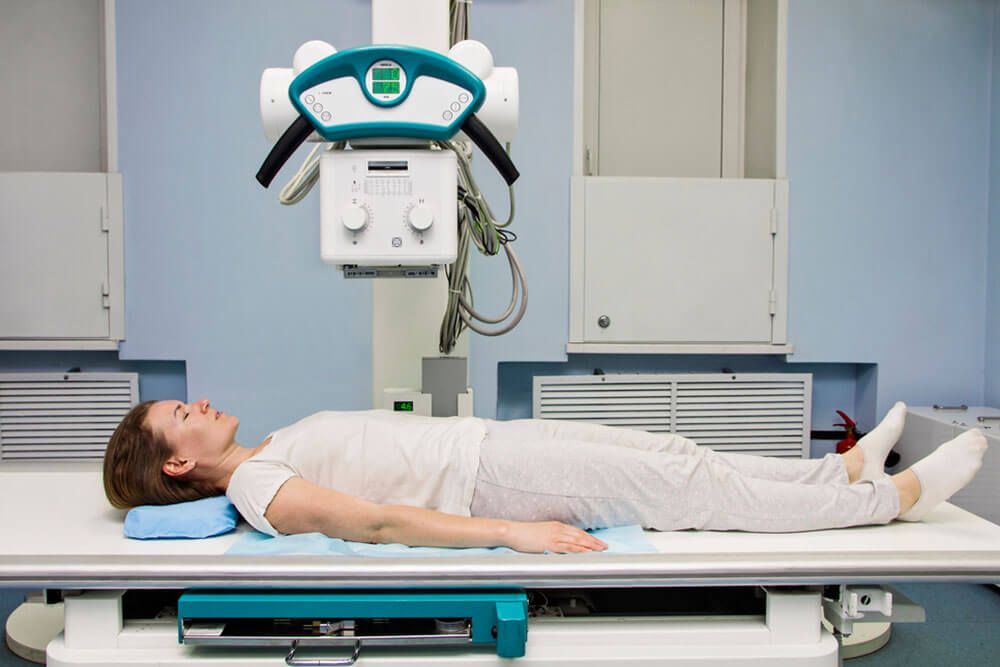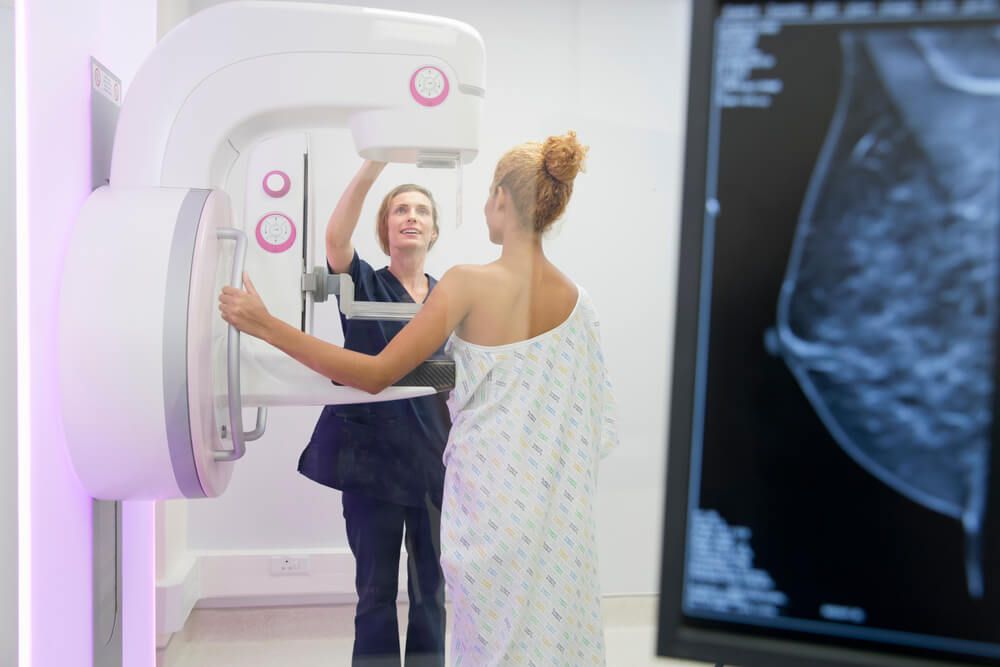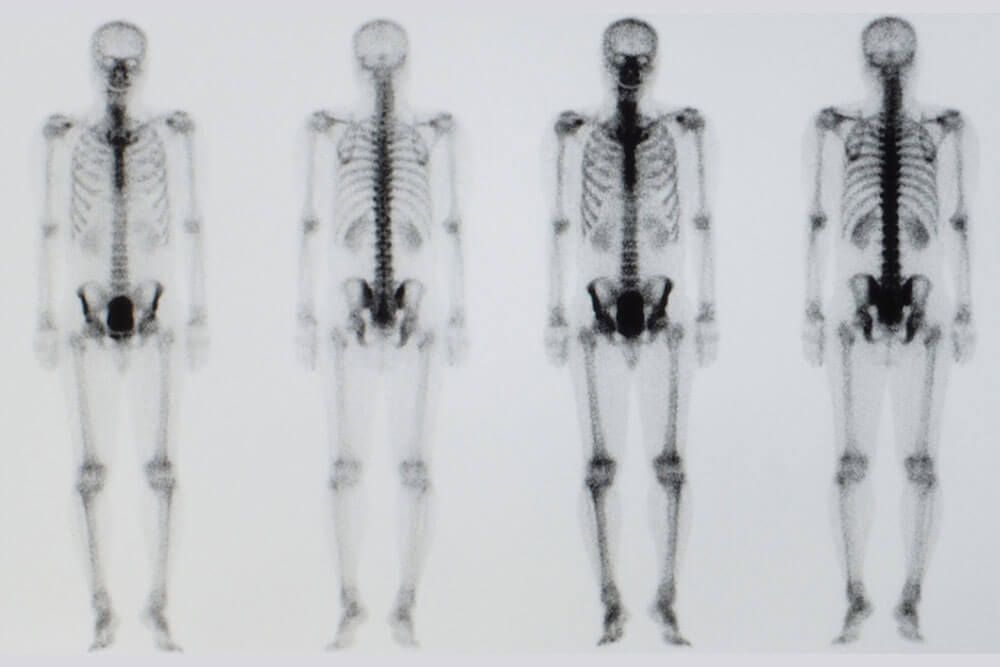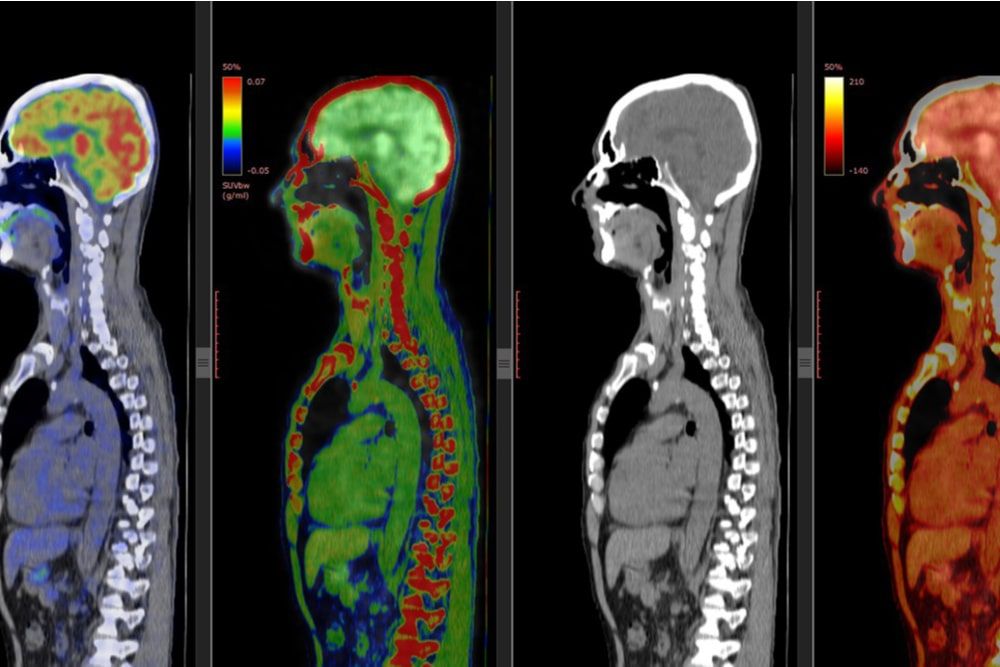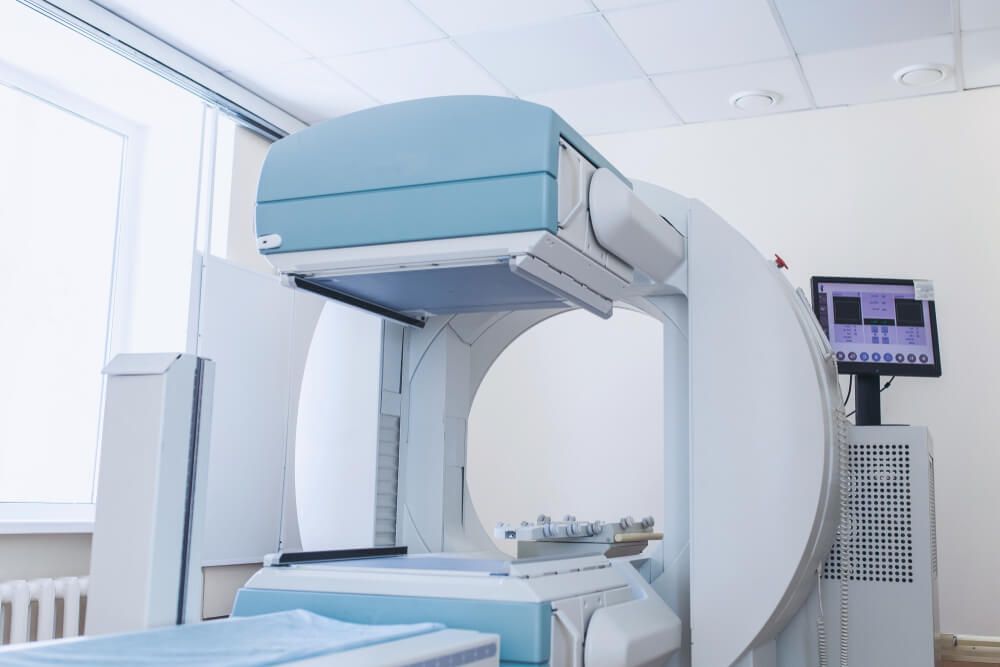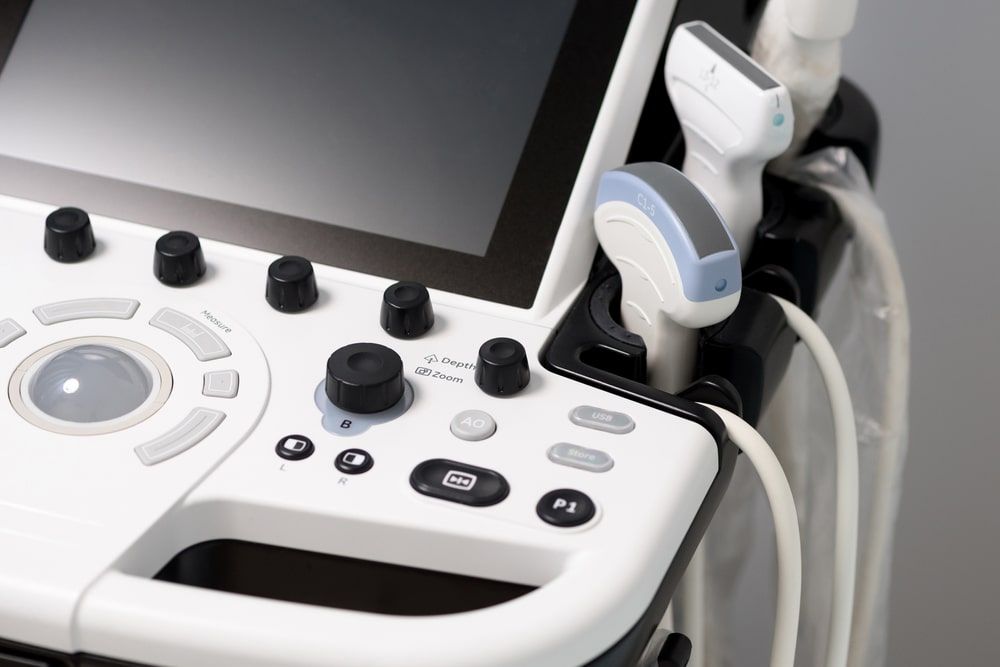Interventional procedures in radiology refer to minimally invasive treatments for various medical conditions that are performed by interventional radiologists. These procedures involve the use of imaging techniques, such as fluoroscopy, CT, MRI, or ultrasound to treat medical conditions.
These procedures are often used as an alternative to more invasive surgical procedures and can result in faster recovery times and fewer complications. Interventional radiologists are highly-trained physicians who work in concert with referring physicians to provide patients with the most effective and personalized care.
Interventional Procedures
- Uterine Fibroid Embolization
- Kyphoplasty for compression fractures of spine
- OsteoCool Radiofrequency Spine Tumor Ablation/Kyphoplasty
- Tumor embolization/chemoembolization (liver, kidney)
- Tumor Microwave and Cryoablation (lung, liver, kidney, soft tissue)
- Y90 Radioembolization of liver tumor
- Prostate Artery Embolization
- Venous embolization – Varicocele/Pelvic venous congestion
- DVT Thrombectomy/Thrombolysis, venous stent
- IVC filter placement/removal
- Angiography/angioplasty/stent placement
- Percutaneous needle biopsy and drainage procedures
- Varicose vein treatment (laser therapy)
- Venous Port Insertion/Removal
- Fluoroscopically guided lumbar puncture and lumbar drain
- Blood patch


